The agrifood supply chain in Bangladesh is a complicated one in which intermediaries (aka “the middlemen”) rule and fragmentation abounds.
“When farmers are selling their product, they are doing so at a loss,” Sakib Hossain, CEO of agribusiness marketplace Fashol, tells AgFunderNews. “If I really want to help farmers, I need to buy their products at a very good price.”
Retailers, too, face a complicated buying process riddled with uncertainties, not to mention sleepless nights, he adds.
Fashol aims to alleviate these constraints and streamline the process via its platform that directly connects farmers to retailers, customers and capital. The Dhaka-based startup, founded in 2020, hopes to stabilize food prices and reduce food waste at the same time.
With almost half the population of Bangladesh employed by agriculture, the company faces plenty of opportunity in Bangladesh and beyond.
Fashol recently joined the AgFunder GROW Impact Accelerator‘s fifth cohort, which is currently taking place in Singapore and remotely. [Disclosure: AgFunder is AgFunderNews’ parent company.] The company raised $1 million last year from Orbit Startups, South Asia Tech Partners and others.
Below, Hossain and co-founder Numair Hussain discuss their journey from selling a few chickens during Covid-19 to launching a business they say is “a no-brainer” for farmers and retailers.
AgFunderNews (AFN): How did the company start?
Sakib Hossain (SH): During Covid everything was shut off; only food [services] were permitted to go around the country.
So I bought live chickens from my hometown and sold them in Dhaka, and it was a very good profit. Then I saw that if I could make so much money in one trip, there must be a lot of profit.
I went around to the wholesale markets and visited the different districts in our country to really figure out how the supply chain works. I talked to farmers and realized that [their] immediate problem was not IoT devices or other tech. When the farmer is selling his product, he’s doing it at a loss, so if I really want to help the farmer, I need to buy his products at a very good price.
I also talked with retailers, and their buying process was really, really complicated as well. There’s a lot of food waste happening — around 35%. Prices are very volatile, too.
Numair Hussain (NH): In Bangladesh, more than 40% of our workforce is employed in the agricultural sector, so we’re an agricultural country. When we started getting into the business we saw the injustice in that the prices farmers eventually get [for their products] were not fair. So there’s a social angle to why we got into the business and continue it.
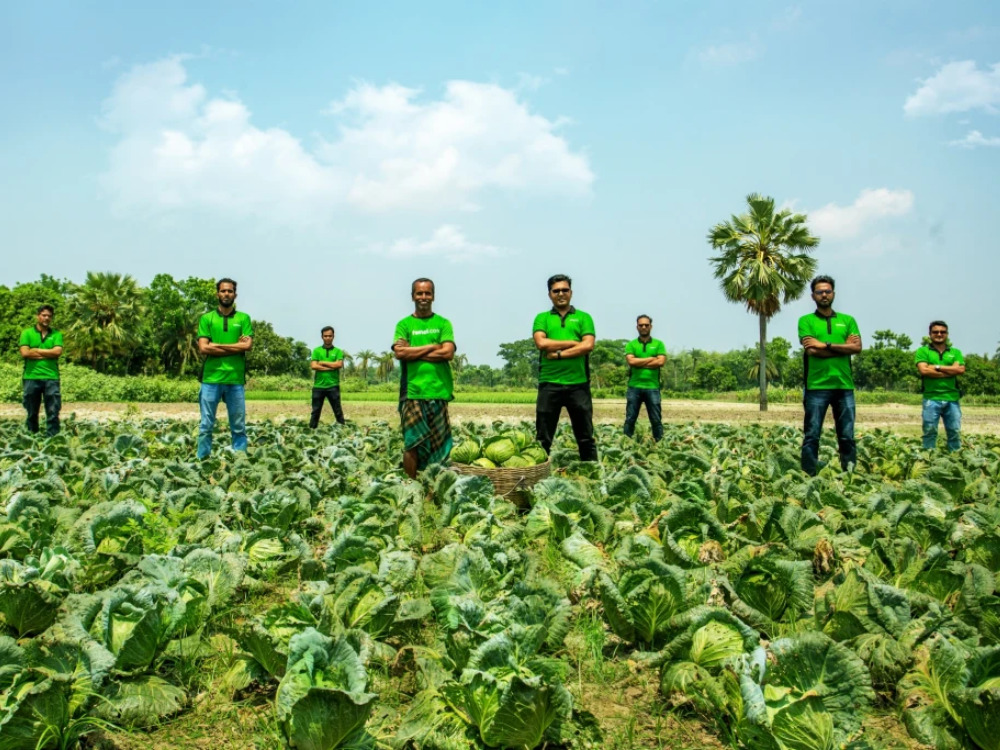
AFN: Besides fairer pricing for farmers, what other problems does Fashol solve?
SH: We started with [the question], Who are the stakeholders who are buying bulk every single day? They are these mom and pop shops, wholesalers and restaurants, etc.
We approached them and figured out that these retailers have been doing this [type of] business for the last 25 years. If we want to get into this business, we have to offer something that’s a no brainer [for their business]. Meanwhile, if we have demand [from retailers], we can buy from farmers. If we don’t have the demand, we can’t.
So to drive demand, our offering to the retailer was that we’d deliver all of the produce to their shop in the morning.
Normally, these retailers go to the wholesale market to buy their produce at 1am, and they stay there until 6am. When their buying process is completed, they have to figure out how they’ll take the wholesale produce to their shop.
Usually a retailer buys around 300 kilograms [of produce] per day, but the minimum van size is 1.5 tons. That means they either need five people to get the full use of the truck or they take the whole truck and have losses because they’re paying for 1.5 tons.
Then, because the owner was awake all night, he goes to the shop in the morning, then he goes home and he sleeps, and he has to hire someone else to run the shop.
When we came in, we said, “You don’t have to go to the wholesale market. The price is going to be the same or 1% less than the wholesale market. You can place the orders at 10 or 11pm at night, and we deliver the produce at 6am. If we had told them they had to order one day before or two days before, this model would not work. A small retailer only finds out at night what is left and what he needs to buy.
AFN: What was the initial reception of Fashol like?
SH: Whenever you start something new, there’s going to be some resistance, and we faced that. But there were these small moments where we also really owned the market.
For instance, there is a small market with 20 shops, and out of 20 shops only one was trying [Fashol]. At this time there were crazy rains in the country. Because of this rain, the wholesale market didn’t even get the chance to sell its produce. That night, only the one shop [using Fashol] received its produce. After that day, all the other shops in that market were like “Now we understand the importance.”
AFN: How did you become involved with the GROW accelerator?
SH: You could say it was by accident. I was already talking with the AgFunder team. At the same time, Ashraful [Rokon, senior executive: impact and partnership at Fashol] was in talks with the same team about the GROW accelerator. We didn’t even know.
AFN: What is your funding so far?
SH: We have raised around $2.1 million. In this latest round we are raising $3 million. Out of that $3 million we have raised $1.2 million, and we are still raising.
The numbers are very solid. We’re really growing very rapidly. We want to go global, this is a big opportunity.
AFN: So you have ambitions beyond Bangladesh?
SH: There’s no point to just being in Bangladesh. This particular type of business can be applied to any other country. There are places where the market is very open and there’s not much competition.
Because Bangladesh is heavily dependent on agriculture, we produce more than what we have demand for in the country. So we are already doing exports every year.
We want to help the country in this process. We are already exporting to Dubai. This is one thing we’ll be focused on for the next 1.5 to 2 years. I think we can apply the same business model to other places, and really build a marketplace where we can send orders not only from, say, Bangladesh to Dubai, but Dubai to Pakistan or Dubai to somewhere else. So of course we want to be global, but one step at a time.


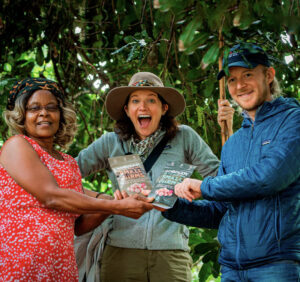
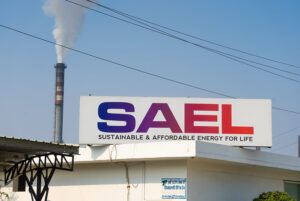

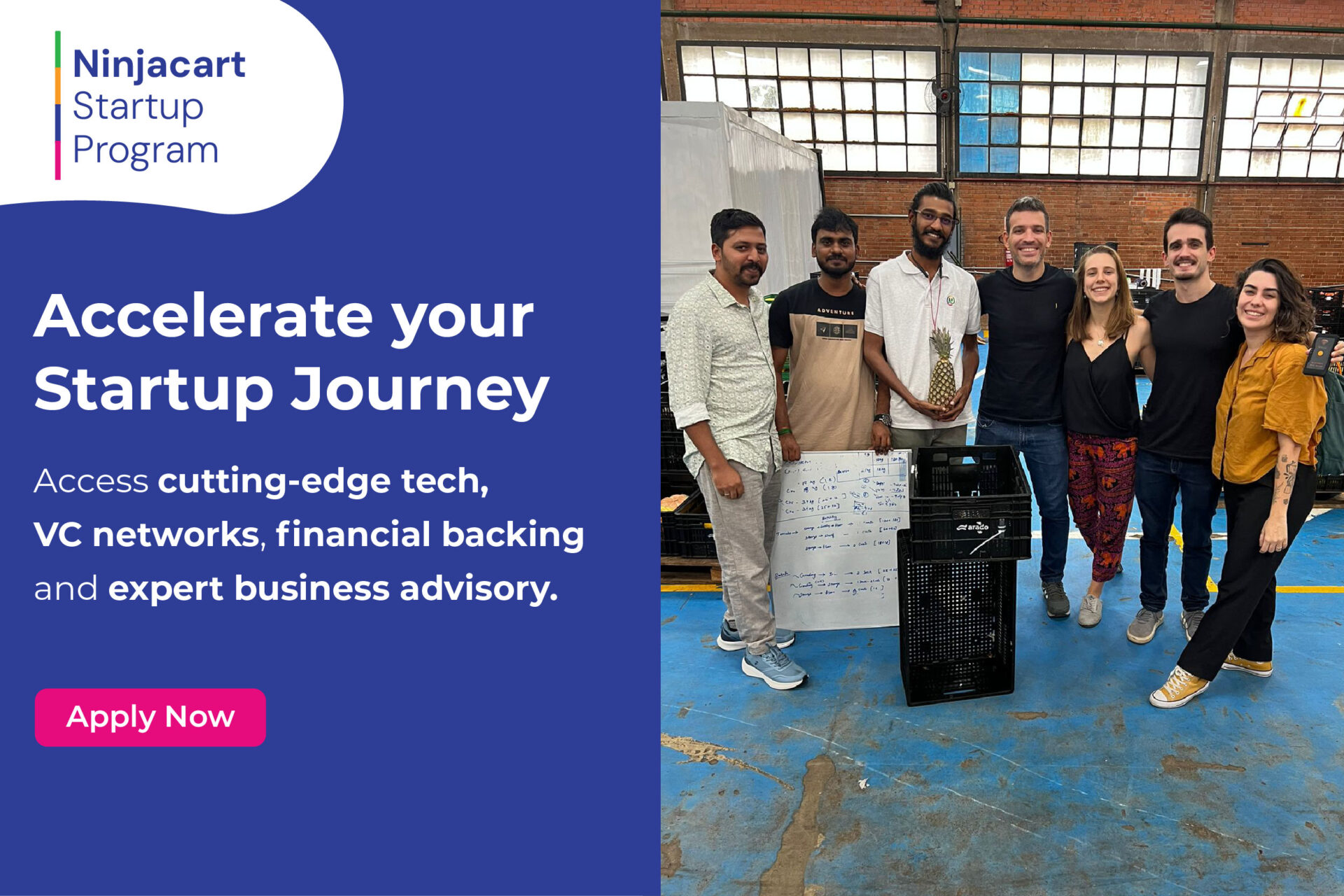
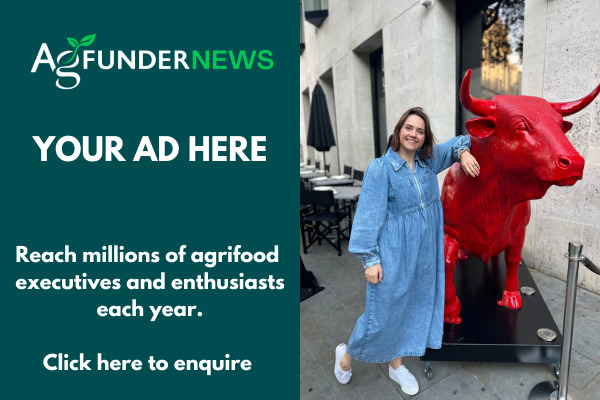
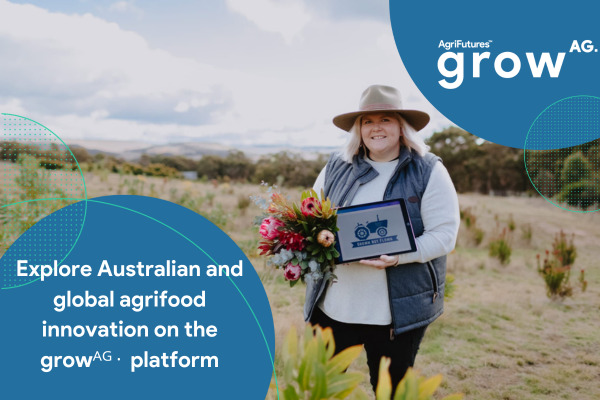
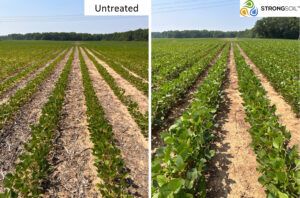
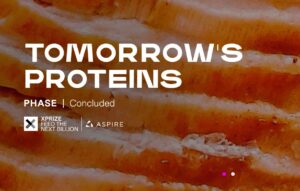


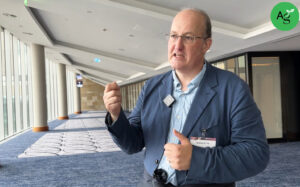


Guest article: The real impact of tariffs on US produce prices